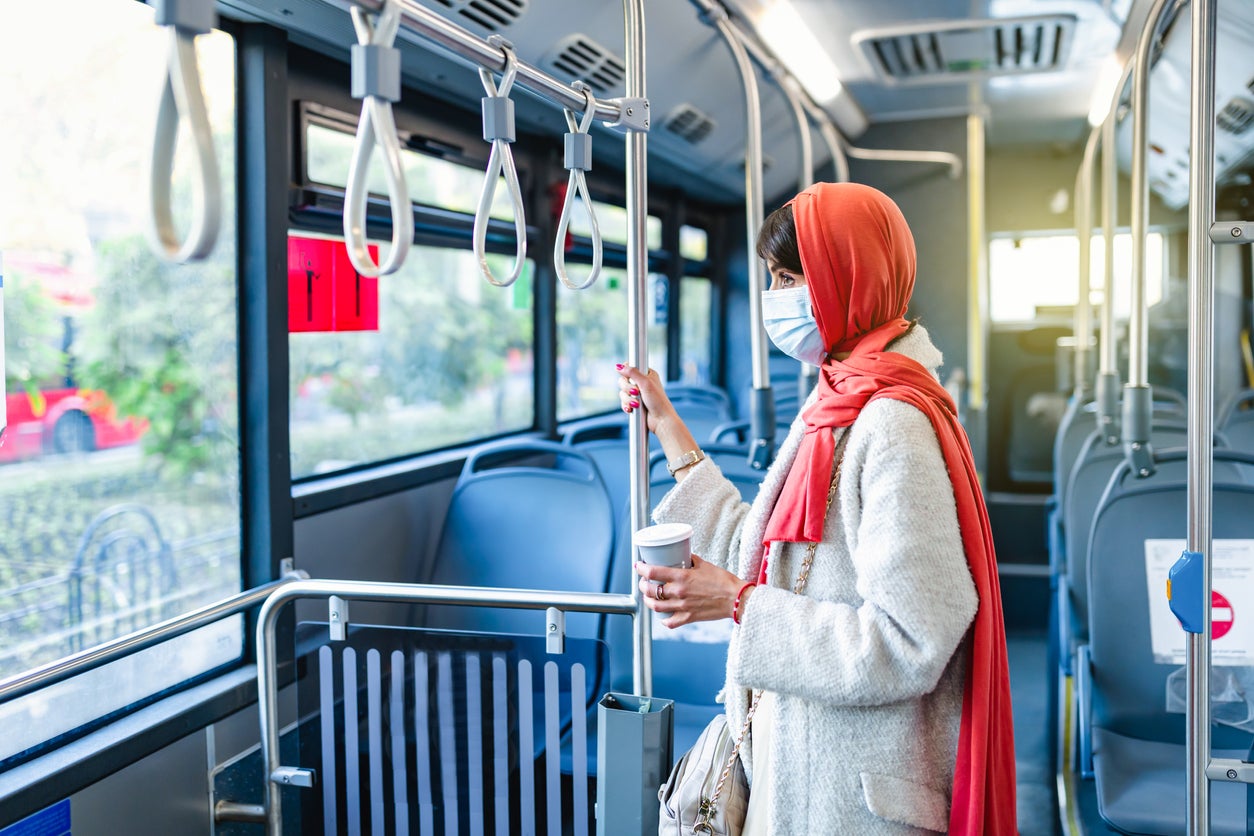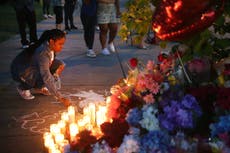Don’t tell people of colour to be ‘the bigger person’ when it comes to racism
To say this as a white person, especially, is to tell victims they have a ‘lower’ place in society


Your support helps us to tell the story
From reproductive rights to climate change to Big Tech, The Independent is on the ground when the story is developing. Whether it's investigating the financials of Elon Musk's pro-Trump PAC or producing our latest documentary, 'The A Word', which shines a light on the American women fighting for reproductive rights, we know how important it is to parse out the facts from the messaging.
At such a critical moment in US history, we need reporters on the ground. Your donation allows us to keep sending journalists to speak to both sides of the story.
The Independent is trusted by Americans across the entire political spectrum. And unlike many other quality news outlets, we choose not to lock Americans out of our reporting and analysis with paywalls. We believe quality journalism should be available to everyone, paid for by those who can afford it.
Your support makes all the difference.In March this year, as I sat on a West Midlands bus, a group of people started chanted racist language and “EDL” – but I kept quiet. The following month, when I saw a boy mocking a group of Sikh men on a train, I spoke out. Both times, I was told by bystanders that I should be “the bigger person” and say nothing.
Racism is an uncomfortable topic. It’s uncomfortable to witness, and uncomfortable to realise we may have partaken in racist behaviour. But it is most uncomfortable to be a victim of racism – something I know about far too well as a hijab-wearing Muslim woman from a small town in the Midlands.
I’m at a higher risk of experiencing a hate crime, but people often won’t take it seriously when I call them out on their racist behaviour. They are not intimidated by me and will often assume I’m just “playing the victim” or out to cause trouble. There’s a blatant imbalance of power when a white man who is much older and physically larger than me is directing racist language towards me.
Three-quarters of hate crimes in England and Wales are racially motivated, and they increased by 12 per cent between March 2020 and March 2021. Viral videos of incidents – a bouncer in Birmingham or a train passenger in London being targeted with slurs – often show people looking on in silence as the victim is abused.
I feel that in Britain, we are socialised to be subconsciously racist. When we look at the TV or film screens and see only white faces, it teaches us that people of colour are different and the “other”. When we see Black and brown faces vilified in the media, it teaches us that they are a dangerous threat. When we are students in school and are only taught about western history, it implies the rest of the world is unworthy of learning about.
While we can’t change the face of the media or the curriculum overnight – though, there are calls for a conscious effort to do so – we can educate ourselves on what racism is and how best to help those who are impacted by it.
So, one thing not to do is to tell people of colour to “be the bigger person” when it comes to racism.
To say this is to say the hate crime is just part and parcel of living in the UK, it isn’t worth speaking up about, and just something they have to deal with. To say this as a white person, especially, is to remind people of colour of their “lower” place in society.
To keep up to speed with all the latest opinions and comment sign up to our free weekly Voices Dispatches newsletter, click here.
However, if a white person stepped in – rather than me having to potentially put myself at further risk – the racist may recognise this person as an equal and question their own behaviour. A simple “come on mate, pack it in” from a peer can go a long way.
That doesn’t mean anyone should put themselves at risk of physical violence, it depends on the situation, but telling me to “be the bigger person” is the last thing I want to hear in that moment.
Instead, recognising the racist behaviour as wrong, offering support and attempting to diffuse and stop the situation would be much better. It can go a long way in ensuring the victim feels a little less alone.
People often feel uncomfortable when talking about racism – they may fear saying the wrong thing or feel they haven’t read enough books or articles on the topic – but it really is quite simple. It’s about seeing another human being as an equal and making sure they are treated as so. That is one of many ways in which we can all contribute to a fairer, more just and anti-racist society in Britain.



Join our commenting forum
Join thought-provoking conversations, follow other Independent readers and see their replies
Comments